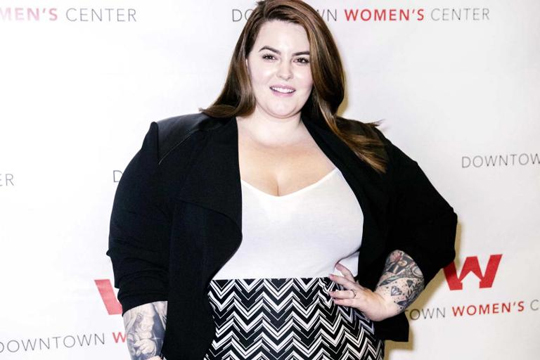Sydney, May 25: Facebook has been forced to backtrack after it banned an Australian ad featuring a bikini-clad plus-sized model promoting positive body image, initially saying the photo's depiction was "undesirable".
The social networking giant blocked the ad for Melbourne's "Cherchez La Femme: Feminism and Fat" gathering, saying the image violated its advertising guidelines.

When organisers questioned the decision, the Facebook Ads Team wrote back saying the ad did not comply with their health and fitness policy because "the image depicts a body or body parts in an undesirable manner".
"Ads like these are not allowed since they make viewers feel bad about themselves," said the letter to organiser Jessamy Gleeson, who posted a screen-shot of it online.

Gleeson said she was stunned that Facebook "seemingly has no idea that plus-sized, self-describing fat women can feel great about themselves".
She urged followers on the platform to "rage hard at anyone who tries to tell us that some bodies are more 'desirable' than others".
"Facebook has ignored the fact that our event is going to be discussing body positivity (which comes in all shapes and sizes, but in the particular case of our event, fat bodies)," she wrote.
Facebook "has instead come to the conclusion that we've set out to make women feel bad about themselves by posting an image of a wonderful plus-sized woman."
Gleeson said Facebook later apologised for its actions, sending her a note admitting it had incorrectly reviewed the ad.
"Our policies are in place to help protect the community from offensive ads that can damage their experience on our platform," it said in a screen-shot Gleeson posted on Twitter.
"This is not the case here and I'm sorry for our incorrect review. We evaluate millions of ads per week and there are instances that we incorrectly disapprove an image that does not violate our policies."





Comments
Add new comment